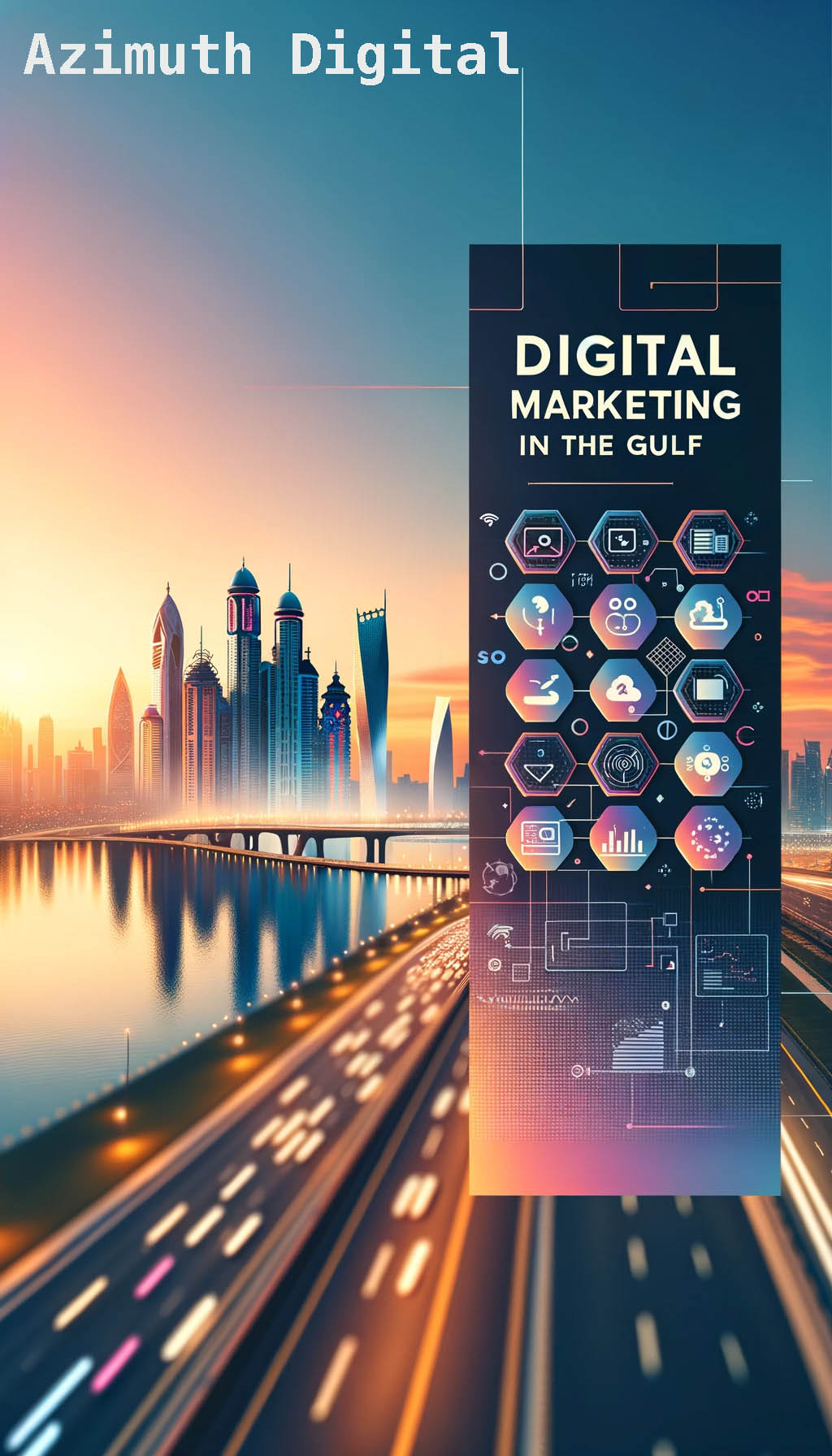In their article published on the 18th of May 2020, Techplugged magazine interviewed Langpros’ GM and Italian simultaneous interpreter and translator Matteo Ippoliti.
During the interview, Ippoliti shared his opinion on the latest trends of the language industry, with a particular focus on Artificial Intelligence and new technology, without overlooking the impact of COVID-19.
Here are the main topics touched during the interview:
How Is Artificial Intelligence Changing the Industry?
Thanks to the new discoveries in machine learning, AI has evolved rapidly over the past few years. In fact, AI-infused tech such as Amazon Echo or Google Assistant are more and more common in households, making people more comfortable with the concept of interacting with a machine.
The application of AI in the translation field is helping the industry overcome language barriers, with cheaper, quicker, and more reliable services.
In 2019, Google introduced neural machine translation, a new kind of Machine Translation software achieving unchartered levels of accuracy in the translation of technical and legal texts, where the style of language is plain, simple, and concrete. Even Facebook and other social networks are relying on AI-powered translation of their posts.
However, AI Machine Translation has its limits: when approaching more abstract and stylistically complex texts, such as marketing copy, comedy, or poetry, the results are still much worse than the translation of an experienced human linguist.
The Impact of COVID-19
The unprecedented impact of Coronavirus on our everyday life drastically changed the approach of Language Service Providers, who are finding new ways to guarantee accurate communication in this time of crisis.
With social distancing measures in place all over the world, Video Remote Interpreting and Remote Simultaneous Interpreting are rapidly becoming the norm for breaking language barriers and organizing multilingual online events.
The two modalities have different features and they are used in distinct fields and situation:
- RSI is used for streamed conferences and digital events, as an alternative to traditional on-site simultaneous interpreting. In fact, RSI guarantees the same quality while saving up on the costs of accommodation for the interpreter as well as the absence of specialized equipment (soundproof booths, infrared transmitters, or cables).
- VRI is the best solution for on-demand language services, even during emergencies. It is thus the preferred mode utilized by hospitals during the COVID-19 outbreak to assure multilingual communication between healthcare professionals and patients. Langpros offers the SmartLangPro app, a complete VRI platform available for any connected device.
The Future of Translation
According to Ippoliti, the future of the translation industry is going to dramatically transform with the implementation of rising technologies such as voice search and 5G. These new ways of communicating will boost businesses’ needs for top-quality global language services.
Langpros aims at offering state-of-the-art translation and interpreting services for the post-COVID recovery by combining investments in new translation technologies with the expertise of the best professional human translators on the market.












